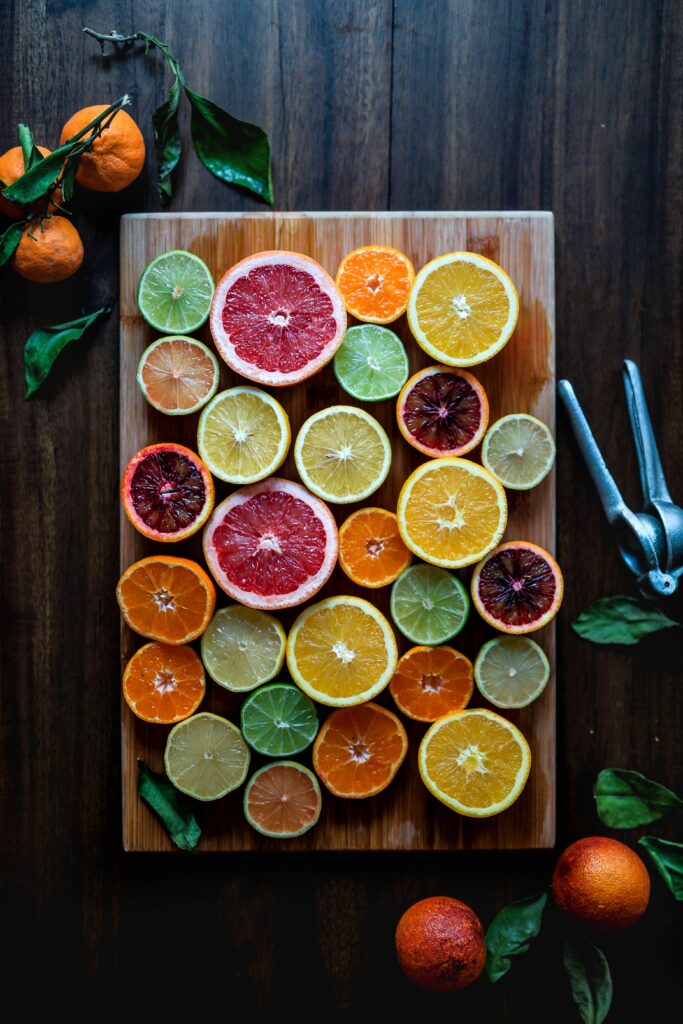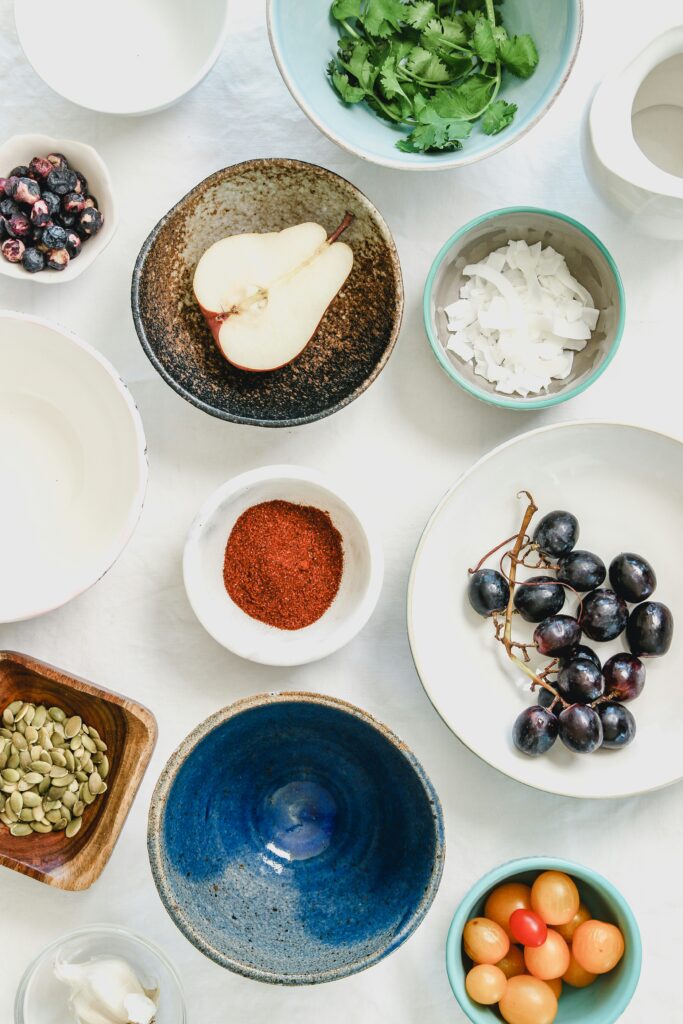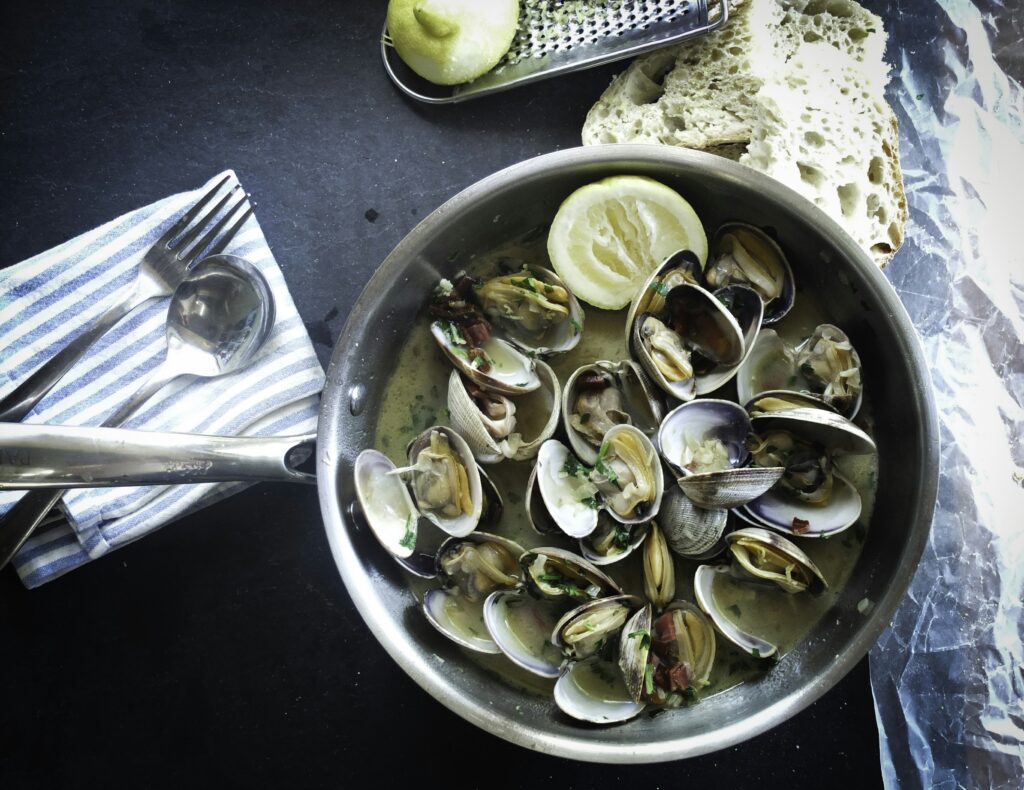If you’re a proud owner of a Border Collie, you know just how important it is to provide your furry friend with the best nutrition possible. After all, these intelligent and active dogs require a diet that supports their energetic lifestyle. In this article, we’ll explore the top choices for the best dog food for Border Collies, ensuring that your canine companion receives the nutrients they need to thrive. Whether you’re looking for grain-free options or specifically formulated formulas, you’ll discover a range of recommendations to keep your Border Collie healthy and happy.
Understanding the Nutritional Needs of Border Collies
When it comes to caring for your beloved Border Collie, understanding their nutritional needs is essential. A well-balanced diet is crucial to support their overall health and wellbeing throughout different life stages. So, let’s delve into the world of Border Collie nutrition and uncover what you need to know to provide the best diet for your four-legged friend.
Different Life Stages of Border Collies
Just like humans, Border Collies go through different life stages that require varying nutritional needs. As puppies, they have higher energy requirements and need more nutrients to support their growth and development. Adult Border Collies have different needs, focusing on maintaining a healthy weight and providing essential nutrients for their active lifestyle. Finally, senior Border Collies may require adjustments to their diet to support their aging bodies. Understanding these life stages will help you customize your dog’s diet accordingly.
Importance of a Balanced Diet
A balanced diet is the cornerstone of a healthy lifestyle for your Border Collie. A well-balanced diet ensures your dog receives the right amount of nutrients to support their growth, maintain an ideal weight, and support their overall health. It is essential to provide a diet that includes the right proportions of proteins, fats, carbohydrates, vitamins, and minerals. By offering a balanced diet, you can help prevent deficiencies and promote optimal health in your Border Collie.
Common Health Issues in Border Collies
While Border Collies are generally a healthy breed, they may be prone to certain health issues. It is important to be aware of these issues and address them through proper nutrition. Border Collies may be susceptible to hip dysplasia, epilepsy, and some eye conditions. By providing a diet tailored to their needs, you can potentially minimize the risk or severity of these health issues.
Benefits of Feeding High-Quality Dog Food
Feeding your Border Collie high-quality dog food brings numerous benefits to their overall health and wellbeing. High-quality dog food is formulated to meet their specific dietary needs and often contains premium ingredients. These foods are more likely to be free from artificial additives, fillers, and unhealthy preservatives that could adversely impact your dog’s health. By investing in high-quality dog food, you are ensuring that your Border Collie receives the best possible nutrition.
Factors to Consider when Choosing Dog Food
Now that we understand the importance of a balanced diet, it’s time to explore the key factors to consider when choosing the right dog food for your Border Collie.
Protein Content
Protein is a critical component of your Border Collie’s diet, as it provides essential amino acids necessary for growth, repair, and overall health. Look for dog foods that contain high-quality animal-based proteins, such as chicken, beef, or fish, as the primary ingredients.
Fat Content
Fat is an important energy source for Border Collies and supports their cognitive function. Look for dog foods that include healthy fats, such as omega-3 fatty acids, which are beneficial for brain health and coat condition.
Carbohydrate Content
Carbohydrates provide energy for your active Border Collie. Look for dog foods that include wholesome carbohydrates like whole grains, sweet potatoes, or vegetables to provide sustained energy.
Ingredient Quality
Always prioritize high-quality ingredients in your dog’s food. Avoid dog foods that contain artificial additives, fillers, or by-products. Opt for brands that use natural, whole food ingredients.
Avoiding Common Allergens
Some Border Collies may have allergies or sensitivities to certain ingredients. Common allergens for dogs include wheat, soy, and corn. If your dog exhibits signs of allergies or sensitivities, consider grain-free options or limited ingredient diets that eliminate potential allergens.
Caloric Needs
Understanding your Border Collie’s caloric needs is essential to maintaining their weight and preventing obesity. Active dogs may require more calories, while less active or older dogs may need fewer. Consult with your veterinarian to determine the right caloric intake for your dog.
Special Dietary Requirements
Some Border Collies may have special dietary requirements due to health conditions or allergies. If your dog has specific needs, such as a sensitive stomach or joint issues, consider specialized formulas or consult with your veterinarian for personalized dietary recommendations.

Specific Nutritional Needs for Border Collies
With the factors to consider in mind, let’s delve deeper into the specific nutritional needs that are crucial for your Border Collie’s health.
Protein-rich Diet for Energy
Border Collies are highly energetic dogs and require a protein-rich diet to sustain their active lifestyle. Protein provides the necessary amino acids for muscle development, repair, and overall energy. Ensure that your dog’s diet includes high-quality sources of protein, such as lean meats or fish.
Healthy Fats for Cognitive Function
A Border Collie’s cognitive function relies on healthy fats, particularly omega-3 fatty acids. These fats support brain health and can enhance your dog’s learning abilities and mental sharpness. Look for dog foods that include fish oil or other omega-3 sources to promote cognitive function.
Suitable Carbohydrates for Sustained Energy
Carbohydrates are an essential energy source for Border Collies. Opt for dog foods that include healthy carbohydrates like whole grains, sweet potatoes, or vegetables. These complex carbohydrates provide sustained energy for your dog’s active lifestyle.
Essential Vitamins and Minerals
Vitamins and minerals are crucial for maintaining your Border Collie’s overall health and supporting their immune system. Look for dog foods that include a variety of fruits, vegetables, and other natural sources of vitamins and minerals to provide a well-rounded diet.
Omega-3 Fatty Acids for Coat and Skin Health
Border Collies are known for their beautiful coats, and omega-3 fatty acids play a significant role in maintaining their coat and skin health. Look for dog foods that contain sources of omega-3 fatty acids, such as fish oil, to promote a healthy and shiny coat.
Recommended Dog Food Brands for Border Collies
Choosing the right dog food brand can be overwhelming, given the wide variety on the market. To make your selection easier, here are some recommended dog food brands that cater specifically to the nutritional needs of Border Collies:
Brand A: Premium Recipe with High-Quality Ingredients
Brand A offers a premium recipe that includes high-quality ingredients to support the overall health of Border Collies. With a focus on balanced nutrition, this brand ensures your dog receives the essential nutrients they need to thrive.
Brand B: Breed-Specific Formulas for Border Collies
Brand B recognizes the unique nutritional needs of Border Collies and offers breed-specific formulas tailored to their requirements. These formulas are designed to support energy levels, cognitive function, and overall health for this active breed.
Brand C: Grain-Free Options for Sensitivities
For Border Collies with grain sensitivities, Brand C offers grain-free options that are easily digestible and gentle on the stomach. These formulas eliminate common allergens, allowing your dog to enjoy their meals without any discomfort.
Brand D: Natural and Organic Choices
If you prefer a more natural and organic approach to your dog’s diet, Brand D provides options made with high-quality organic ingredients. These formulas prioritize natural sources of nutrition to promote optimal health.
Brand E: Limited Ingredient Diets
For Border Collies with specific food sensitivities or allergies, Brand E offers limited ingredient diets. These formulations minimize the number of ingredients to make it easier to identify and eliminate potential allergens.

Homemade Dog Food Recipes for Border Collies
Making your own dog food can be a rewarding way to ensure your Border Collie receives a nutritious and delicious meal. Here are some homemade dog food recipes that will make your furry friend’s taste buds wag:
Chicken and Rice with Vegetables
Ingredients:
- 2 cups cooked chicken, shredded
- 1 cup brown rice, cooked
- 1 cup mixed vegetables (carrots, peas, green beans, etc.)
- 1 tablespoon olive oil
Instructions:
- Combine the cooked chicken, brown rice, mixed vegetables, and olive oil in a bowl.
- Mix well until all ingredients are thoroughly combined.
- Serve a portion of this homemade dog food alongside your dog’s regular diet.
Beef and Sweet Potato Stew
Ingredients:
- 2 cups lean ground beef
- 1 cup sweet potatoes, diced
- 1 cup spinach leaves, chopped
- 1 tablespoon coconut oil
Instructions:
- In a large skillet, cook the ground beef over medium heat until browned.
- Add the sweet potatoes and spinach to the skillet and continue cooking for an additional 5-7 minutes, or until the sweet potatoes are tender.
- Stir in the coconut oil and mix well.
- Allow the mixture to cool before serving a portion to your Border Collie.
Salmon and Quinoa Mix
Ingredients:
- 2 cups cooked salmon, flaked
- 1 cup cooked quinoa
- 1/2 cup peas
- 1/2 cup carrots, diced
Instructions:
- In a bowl, combine the cooked salmon, cooked quinoa, peas, and carrots.
- Mix well until the ingredients are evenly distributed.
- Serve a portion of this homemade dog food alongside your dog’s regular diet.
Turkey and Pumpkin Soup
Ingredients:
- 2 cups cooked turkey, shredded
- 1 cup pumpkin puree
- 1 cup green beans, chopped
- 4 cups low-sodium chicken broth
Instructions:
- In a large pot, combine the cooked turkey, pumpkin puree, green beans, and chicken broth.
- Bring the mixture to a boil over medium-high heat, then reduce the heat and simmer for 15-20 minutes, or until the green beans are tender.
- Allow the soup to cool before serving a portion to your Border Collie.
Fish and Brown Rice Medley
Ingredients:
- 2 cups cooked white fish, flaked
- 1 cup brown rice, cooked
- 1/2 cup carrots, grated
- 1/2 cup zucchini, grated
Instructions:
- In a bowl, combine the cooked white fish, cooked brown rice, grated carrots, and grated zucchini.
- Mix well until all the ingredients are evenly incorporated.
- Serve a portion of this homemade dog food alongside your dog’s regular diet.
Transitioning to a New Dog Food
If you’re planning to switch your Border Collie’s dog food, it’s important to do so gradually to avoid digestive upset. Here’s a step-by-step guide on how to transition to a new dog food:
- Start by mixing a small amount of the new dog food with your dog’s current food. Begin with a ratio of 25% new food to 75% current food.
- Gradually increase the proportion of the new food over a period of 7-10 days. Aim for a 50% new food to 50% current food ratio by the end of the first week.
- If your dog tolerates the new food well, increase the proportion of the new food to 75% while reducing the current food to 25% for the next few days.
- By the end of the transitional period, your Border Collie should be fully transitioned to the new food.
It’s important to monitor your dog’s digestive system throughout the transition. If you notice any signs of digestive upset, such as diarrhea or vomiting, consult with your veterinarian for guidance.

Feeding Tips and Guidelines
Feeding your Border Collie in a healthy and controlled manner is essential for their overall well-being. Here are some feeding tips and guidelines to ensure your dog is getting the right nutrition:
Recommended Feeding Schedule
Establishing a consistent feeding schedule is beneficial for your Border Collie. Aim for two meals per day, dividing the daily portion into morning and evening feedings. By sticking to a schedule, you can regulate their calorie intake and prevent overeating.
Portion Control for Weight Management
Maintaining an ideal weight is crucial for your Border Collie’s overall health and longevity. Follow the feeding guidelines provided by the dog food manufacturer to determine the appropriate portion size for your dog’s weight and life stage. Take into account their activity level to adjust the portion size accordingly.
Avoiding Common Feeding Mistakes
Avoid common feeding mistakes like overfeeding or free-feeding your Border Collie. Instead of leaving food out all day, provide set meal times to regulate their intake. Also, resist the temptation to offer table scraps or indulge in excessive treats, as this can lead to weight gain and potential health issues.
Providing Fresh Water
Always make sure fresh and clean water is readily available for your Border Collie. Hydration is vital for their overall health and helps maintain proper body function.
Regular Exercise for a Healthy Appetite
Border Collies are known for their high energy levels and need regular exercise to maintain a healthy appetite. Engage in daily physical activities such as walks, hikes, or playtime to provide mental stimulation and ensure their appetite remains robust.
Additional Supplements for Border Collies
In addition to a well-balanced diet, some Border Collies may benefit from specific supplements to support their health. Here are some supplements commonly recommended for Border Collies:
Joint Health Supplements
Border Collies, like many active breeds, can be prone to joint issues. Joint health supplements containing glucosamine and chondroitin can help support their joints and cartilage, promoting mobility and reducing the risk of arthritis.
Omega-3 and Omega-6 Fatty Acid Supplements
To enhance the health of their coat and skin, Border Collies can benefit from omega-3 and omega-6 fatty acid supplements. These supplements can reduce itching, inflammation, and improve the overall condition of their skin and coat.
Probiotics for Digestive Health
Probiotics are beneficial bacteria that support a healthy digestive system. Adding a probiotic supplement to your Border Collie’s diet can help maintain a balanced gut flora, improve digestion, and boost their immune system.
Coconut Oil for Skin and Coat
Coconut oil is a natural supplement with many potential benefits for Border Collies. It can promote healthy skin, a shiny coat, and aid in digestion. However, it’s important to introduce coconut oil gradually and in moderation, as excessive amounts can lead to gastrointestinal upset.
Vitamin and Mineral Supplements
While a well-balanced diet should provide all the necessary vitamins and minerals, some Border Collies may have additional needs. Consult with your veterinarian to determine if your dog requires any specific vitamin or mineral supplements based on their health condition or specific dietary needs.
Signs of a Properly Nourished Border Collie
Feeding your Border Collie a nutritious diet has many visual and behavioral cues that indicate they are well-nourished. Here are some signs to look out for:
Healthy Coat and Skin
A healthy diet will result in a shiny coat and soft, supple skin. A properly nourished Border Collie will have minimal shedding and their coat will be vibrant and healthy.
Energetic and Active
If your Border Collie is properly nourished, they will have an abundance of energy and enthusiasm. They will be eager to engage in physical activities and display a zest for life.
Maintaining an Ideal Weight
A well-nourished Border Collie will maintain a healthy weight without being underweight or overweight. Their body condition should be assessed regularly, and adjustments to their diet should be made if necessary.
Strong Immune System
Proper nutrition plays a vital role in supporting a strong immune system. A well-nourished Border Collie will demonstrate resistance to common illnesses and have a decreased likelihood of developing chronic health conditions.
Regular Veterinary Check-ups
Finally, a properly nourished Border Collie will require regular veterinary check-ups to ensure their overall health. Routine visits to the veterinarian will help verify that their nutritional needs are being met and address any specific concerns or questions.
Conclusion
Understanding and meeting the nutritional needs of your Border Collie is essential for their overall health and wellbeing. By providing a balanced diet, including high-quality dog food and appropriate supplements, you can ensure that your four-legged friend receives the nutrients necessary for a long, active, and vibrant life. Personalize their diet according to their life stage, special requirements, and preferences. Remember to consult with your veterinarian for guidance and recommendations tailored to your Border Collie’s individual needs. With the right nutrition and care, you can provide your beloved Border Collie with a happy, healthy, and fulfilling life.
